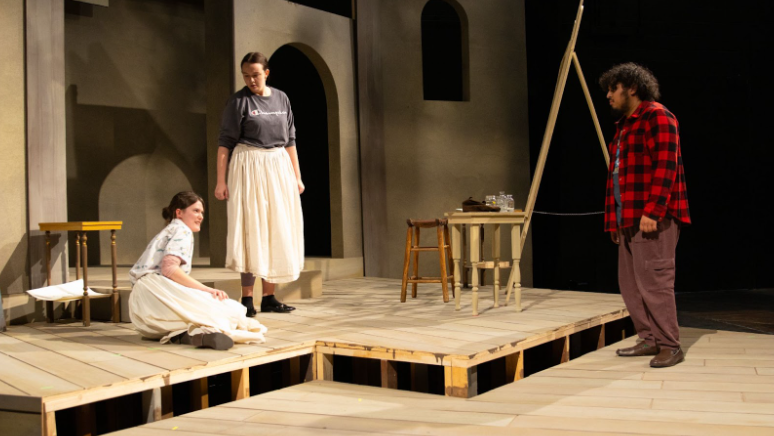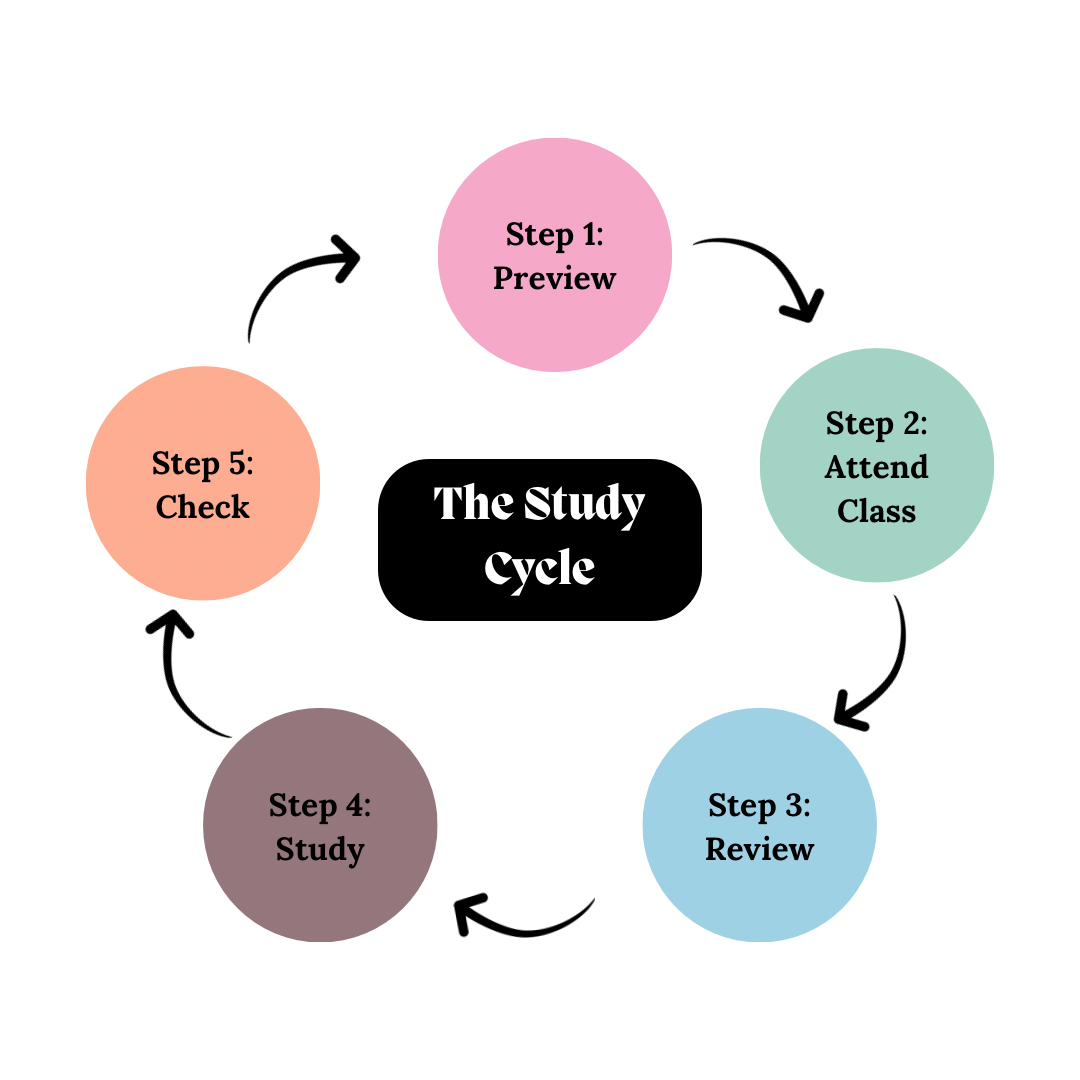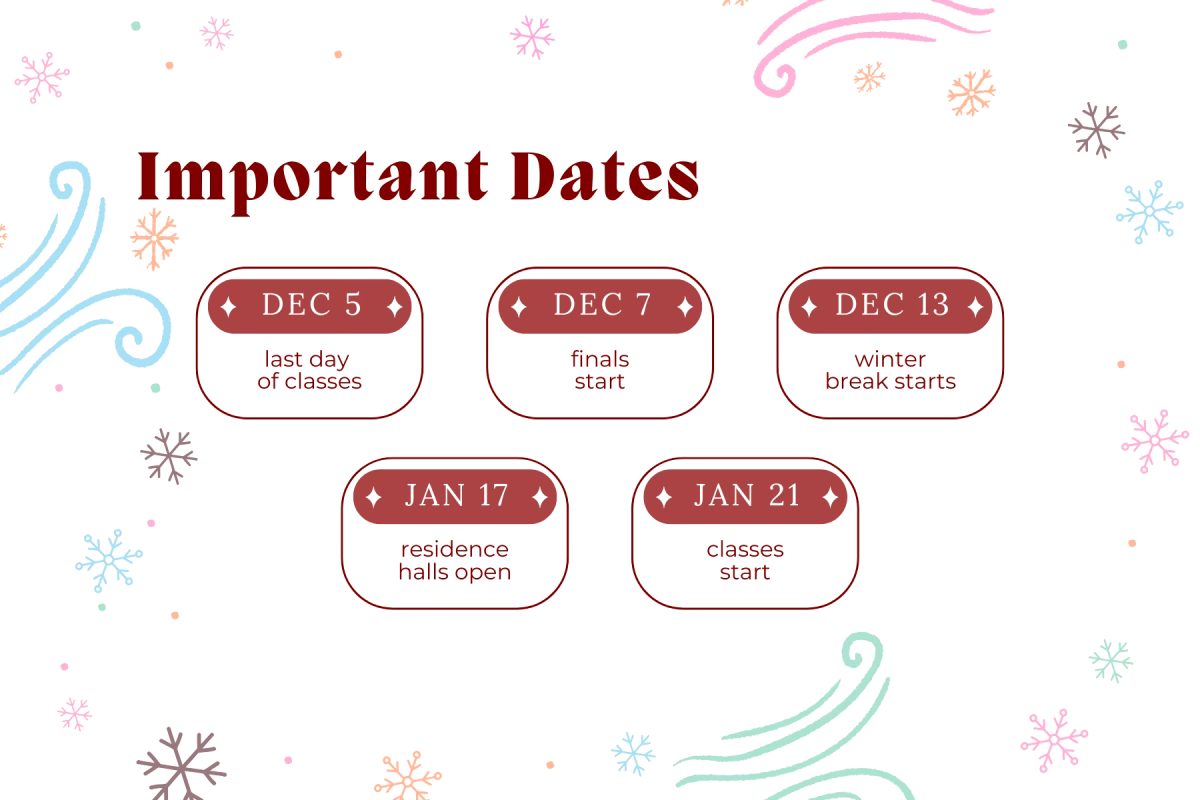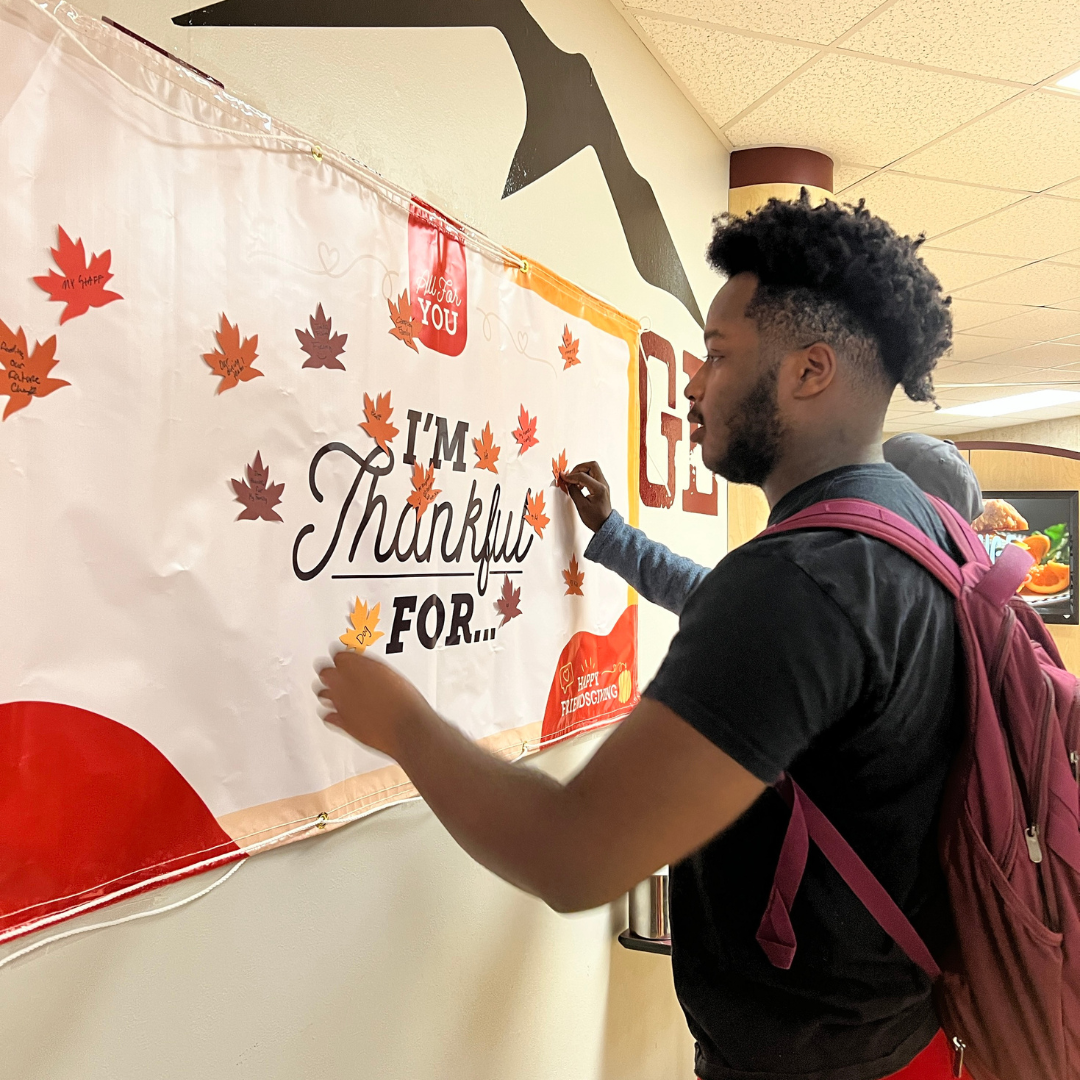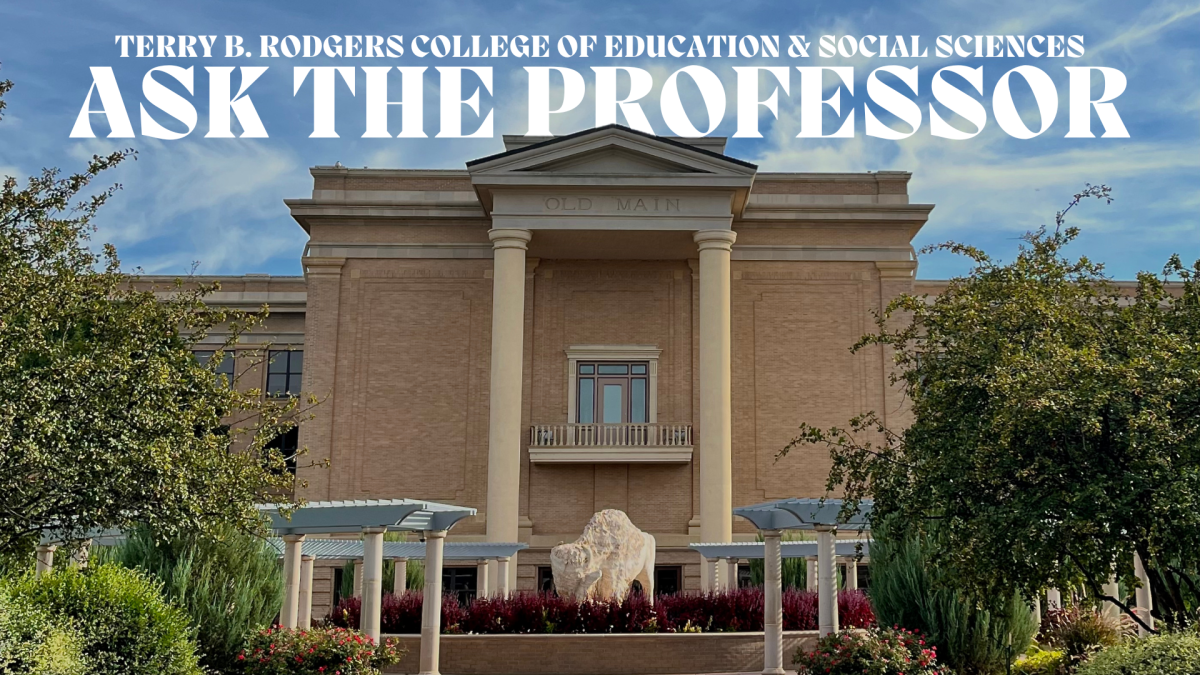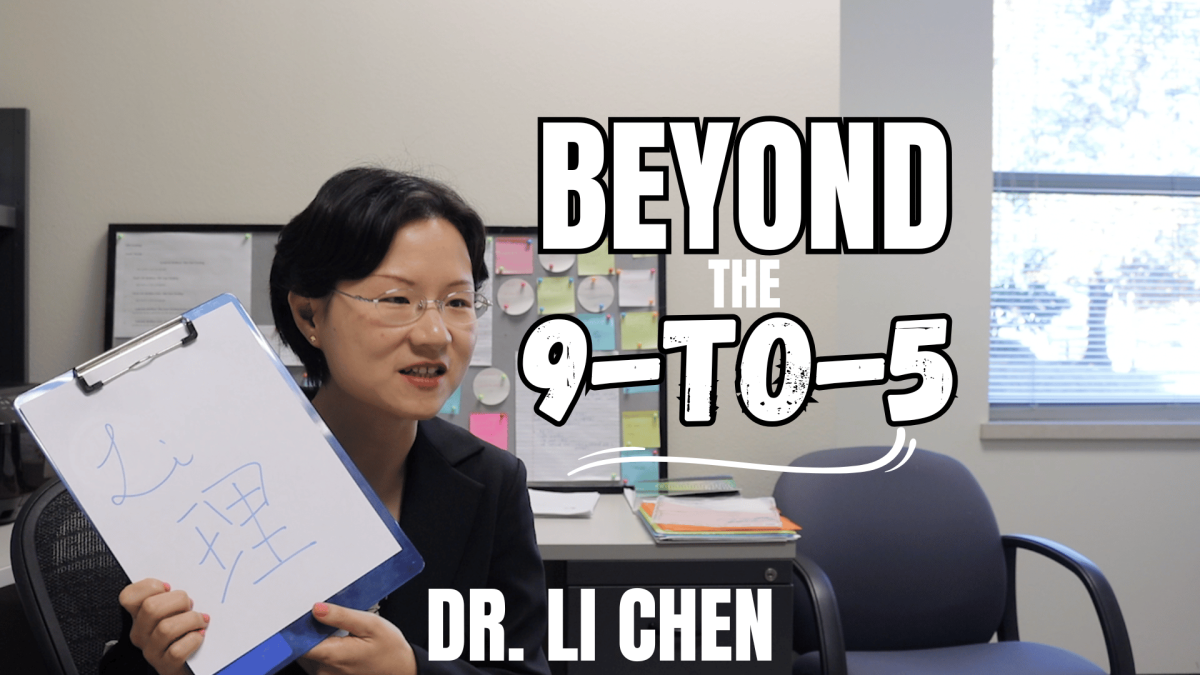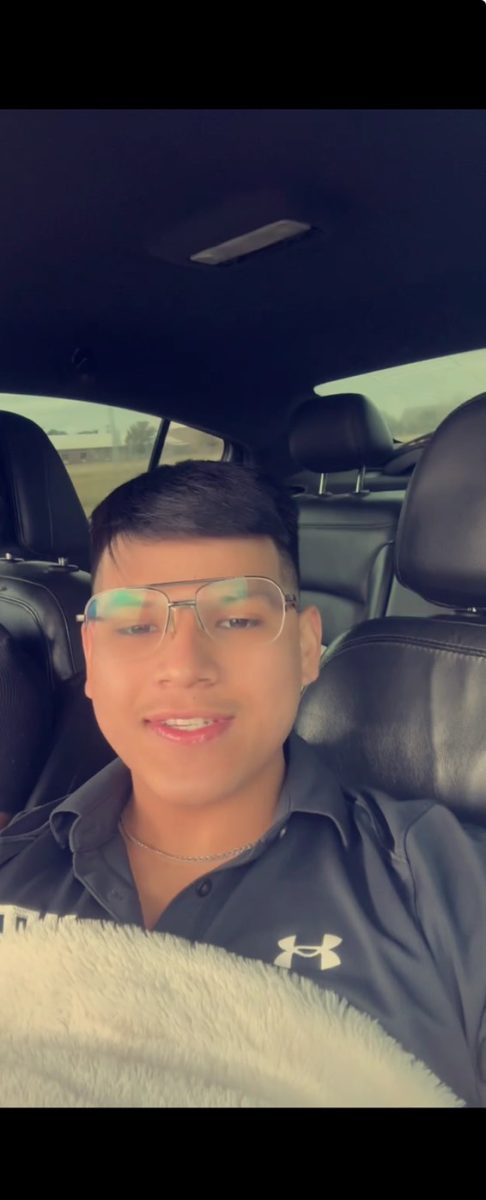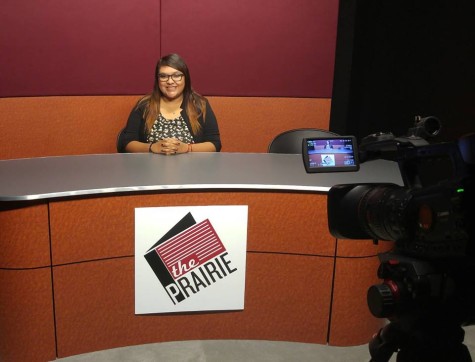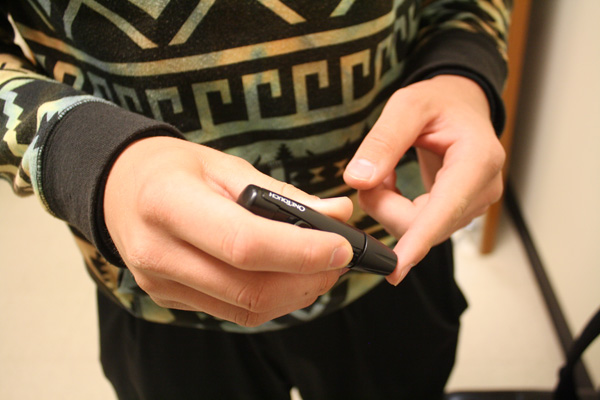
The college life isn’t easy. Many students have to learn how to balance time, manage a part-time or full-time job or two and count the hours to make sure that they get enough sleep. Although this balancing act is a challenge that students face, most do so without a hassle.
In addition, there are many other obstacles that students face. Some of these obstacles include having difficulty with classes, not being able to get around and having to keep track of other things, such as an eating schedule to maintain their health.
“I have diabetes,” Landry Morren, a freshman in Advertising and Public Relations, said. “Diabetes is when your pancreas no longer produces insulin. Insulin breaks down the sugar when you eat.”
Morren was diagnosed with diabetes when he was a freshman in high school. His eating schedule is different than most students, because of his condition. He also has to see an endocrinologist four times a year just to make sure that his blood levels are steady.
Aside from having to keep track of his blood sugar and eating schedule, Morren is just your average college student.
“I used to not tell people that I had diabetes, just because I thought they would treat me differently,” Morren said. “Once I have told someone and explained to them what I have, they don’t really see me differently. Because I can still do whatever I want.”
Morren enjoys playing sports, such as softball, basketball and running. Morren is also a part of various organizations around campus, including Phi Delta Theta and KWTS, and he is also a tour guide.
Like any other student, studying is important, and managing time to do that can be a real pain. Students who have disabilities can get help with school related things through Disability Services.
“Students have to be diagnosed with a disability,” Kerri Allen, the director of Disability Services, said. “Most of the students I work with have learning disabilities.”
Disability Services provides assistance and accommodations to students with disabilities. Some of the accommodations that they provide are extended time on tests, tests in a distraction-reduced location and textbooks in audio or digital formats. For students with disabilities, this is a helpful way for them to get work done or get extra time on tests, should they need it.
“For me, numbers move around,” Erin Mitchell senior Early Education major, said. “It makes reading very difficult.”
Mitchell was diagnosed with a disability known as dyslexia when she was in the second grade.
Dyslexia is when numbers and letters jump around, making it hard for someone to read. Mitchell is a student who uses Disability Services to help her with her school work, such as writing assignments.
When Mitchell takes a test, she is given the opportunity, through Disability Services, to type her answers so her professors can read her work. Having the disability makes it hard for her to take in information, but Disability Services was able to provide everything she needed to make learning easier.
“I don’t see dyslexia as a struggle, I see it as a gift” Mitchell said.
When Mitchell becomes a teacher, she wants to be able to help her students with dyslexia. This is due, according to Mitchell, by perseverance. Since she was diagnosed with dyslexia at a young age, she can relate to students who might be scared or embarrassed to be different. However, having this disability made her realize that anyone who has a disability can do anything, just like anyone else. They just have to do it differently.
Having to manage time to study and do work are some of the obstacles that students with disabilities have to face, but that doesn’t stop students from doing what they need to.
One student at WTAMU faces these same obstacles, due to not being able to walk. However, that doesn’t stop him from being an active member in many organizations on campus.
“Jacob [Marquez] is a hard worker, “Randy Ray, Director of Broadcast Engineering, said. “He is willing to do whatever I ask and always pulls it off.”
Marquez is a senior Electronic Media major and has a disability known as Cerebral Palsy.
It is a learning and walking disability, and most people whom are diagnosed with it are born with it. Jacob has had this disability since birth, and his school work, such as English and Math, can be rather difficult at times.
Even though he has this disability, he is a healthy college student. Despite having a difficult time getting to his destinations, he is still involved.
Marquez is part of the music and production team, a member of the National Broadcasting Society, a radio personality for KWTS and the audio engineer for One Sessions.
One Sessions is an acoustic music show produced by students from the WTAMU Mass Communication department.
Marquez has also been to competitions, traveling to Washington D.C and Austin. Marquez was one of the few WT students who went to finals at the National Broadcasting Society convention.
Marquez wrote a paper in the academic section detailing the misrepresentation of people with disabilities in the media. He also received an honorable mention at the National Broadcasting Society convention last fall for an audio T.S.A on the Road Rage radio show.
Even though these students have to face different obstacles than others, they still manage to find a way to complete their schoolwork and stay involved.



